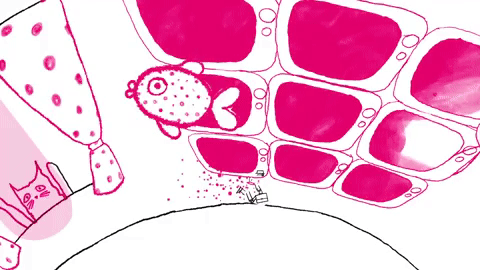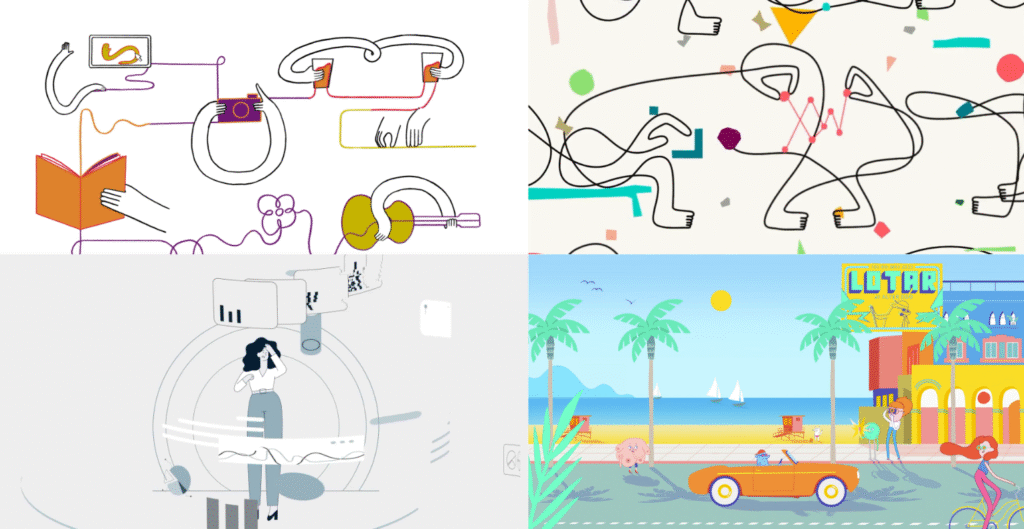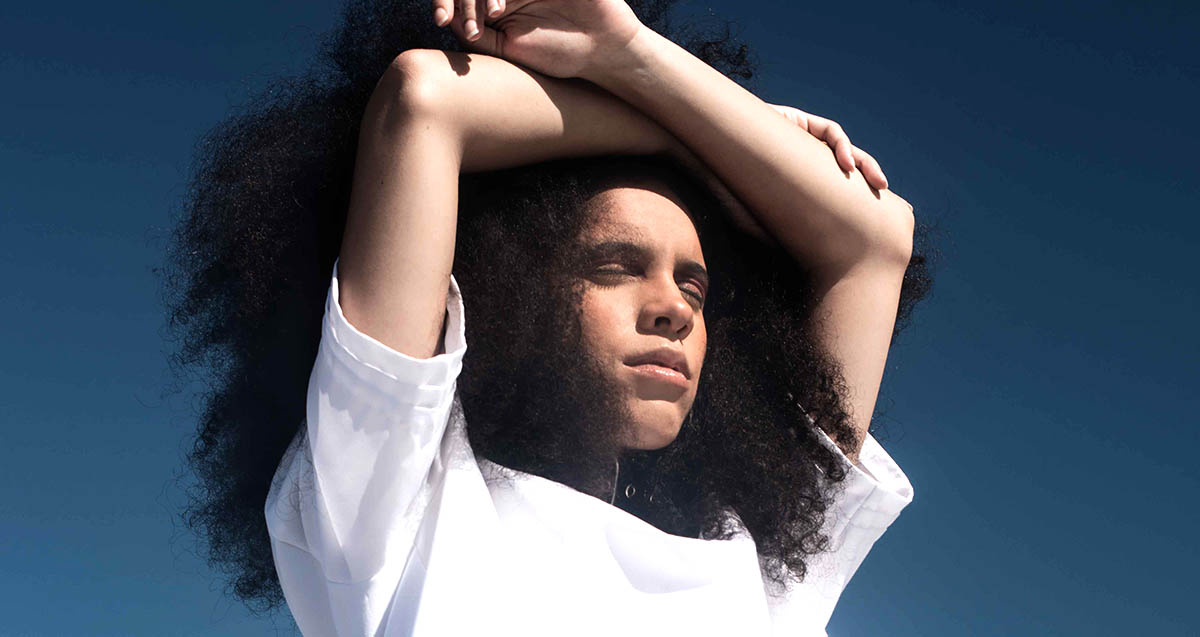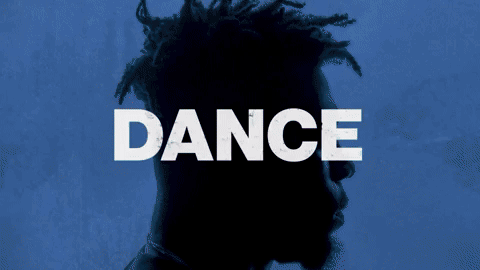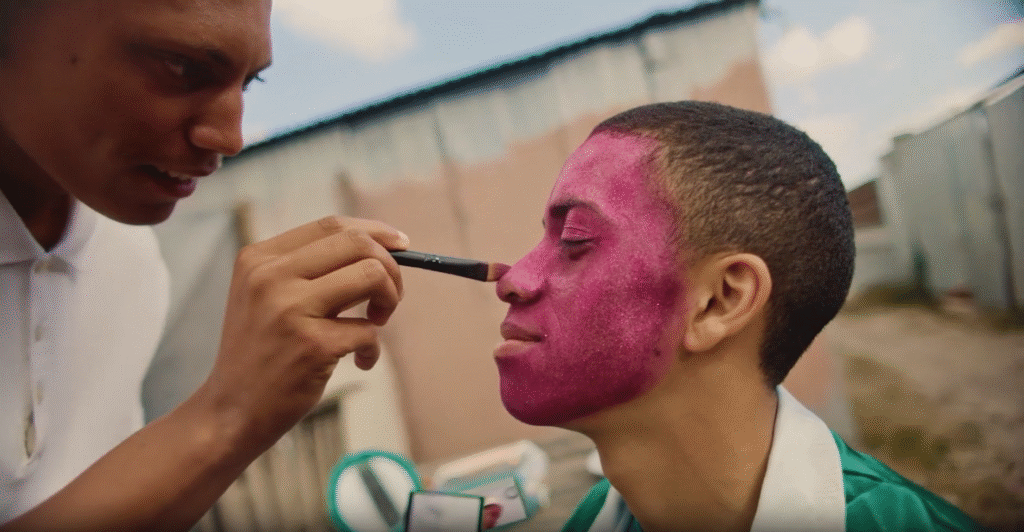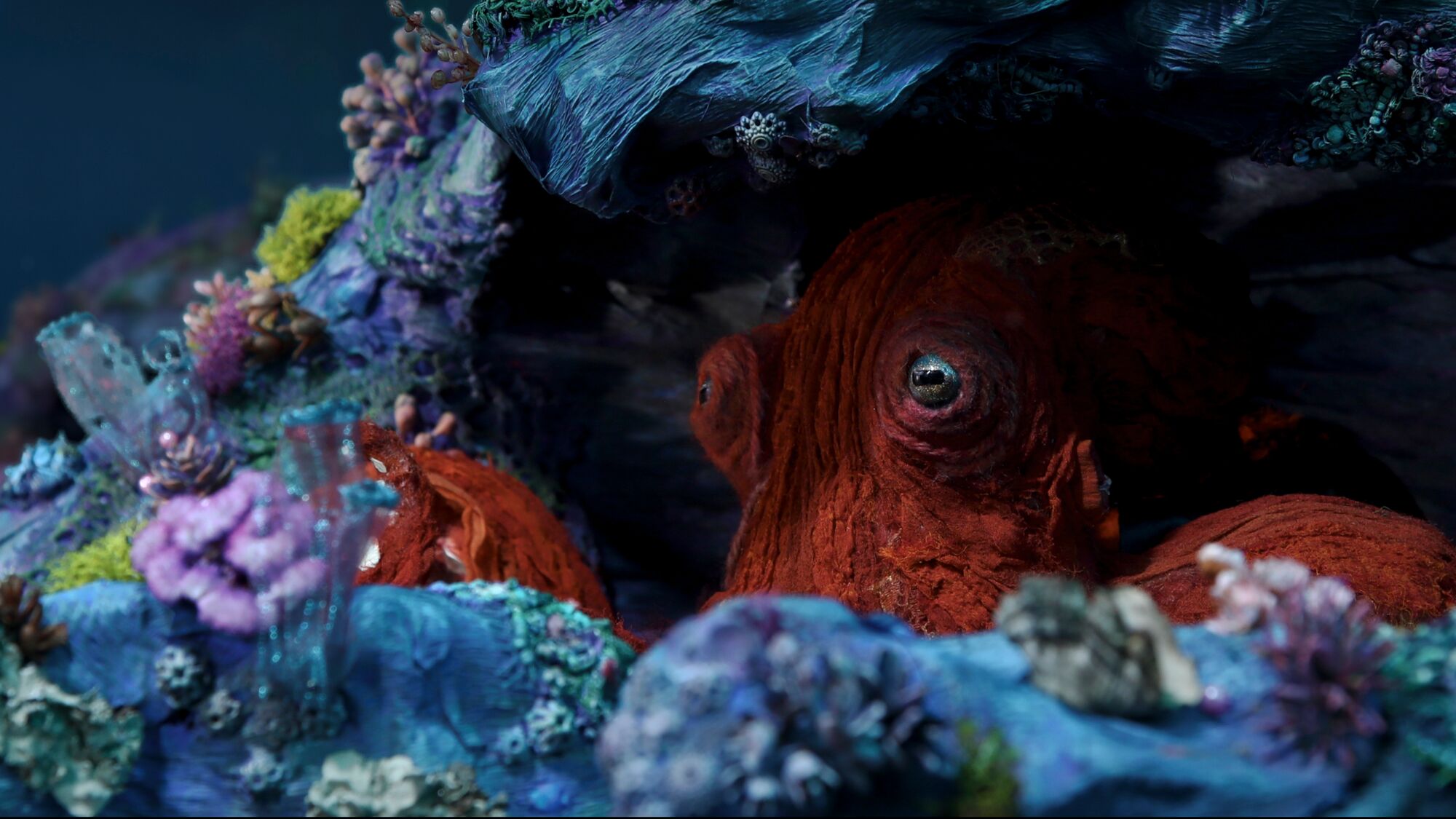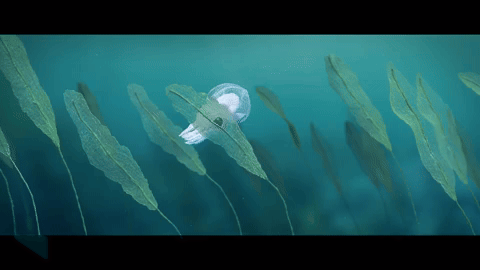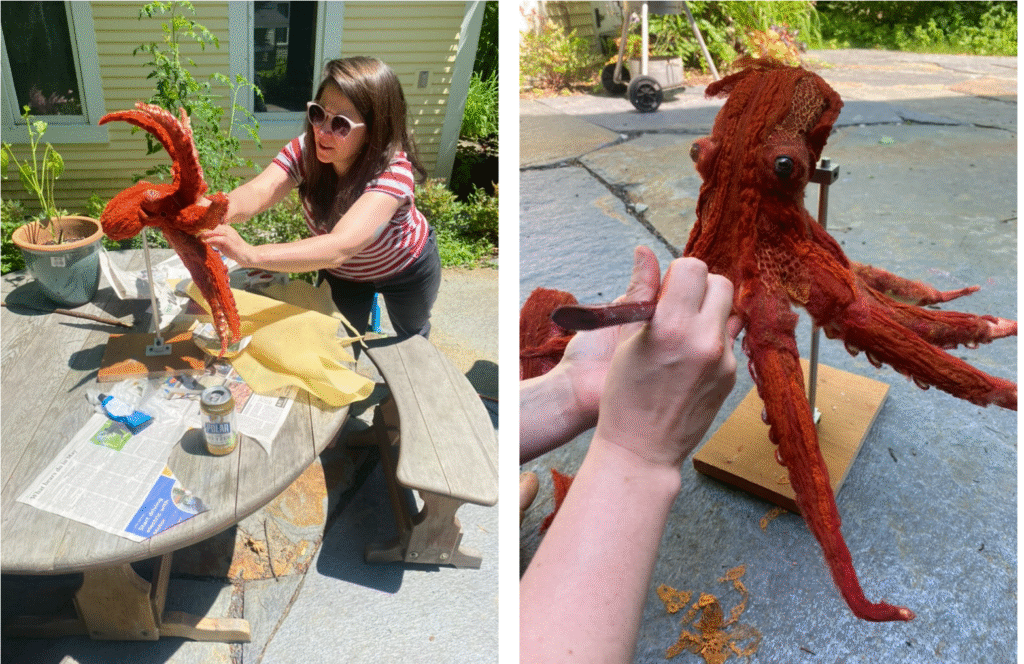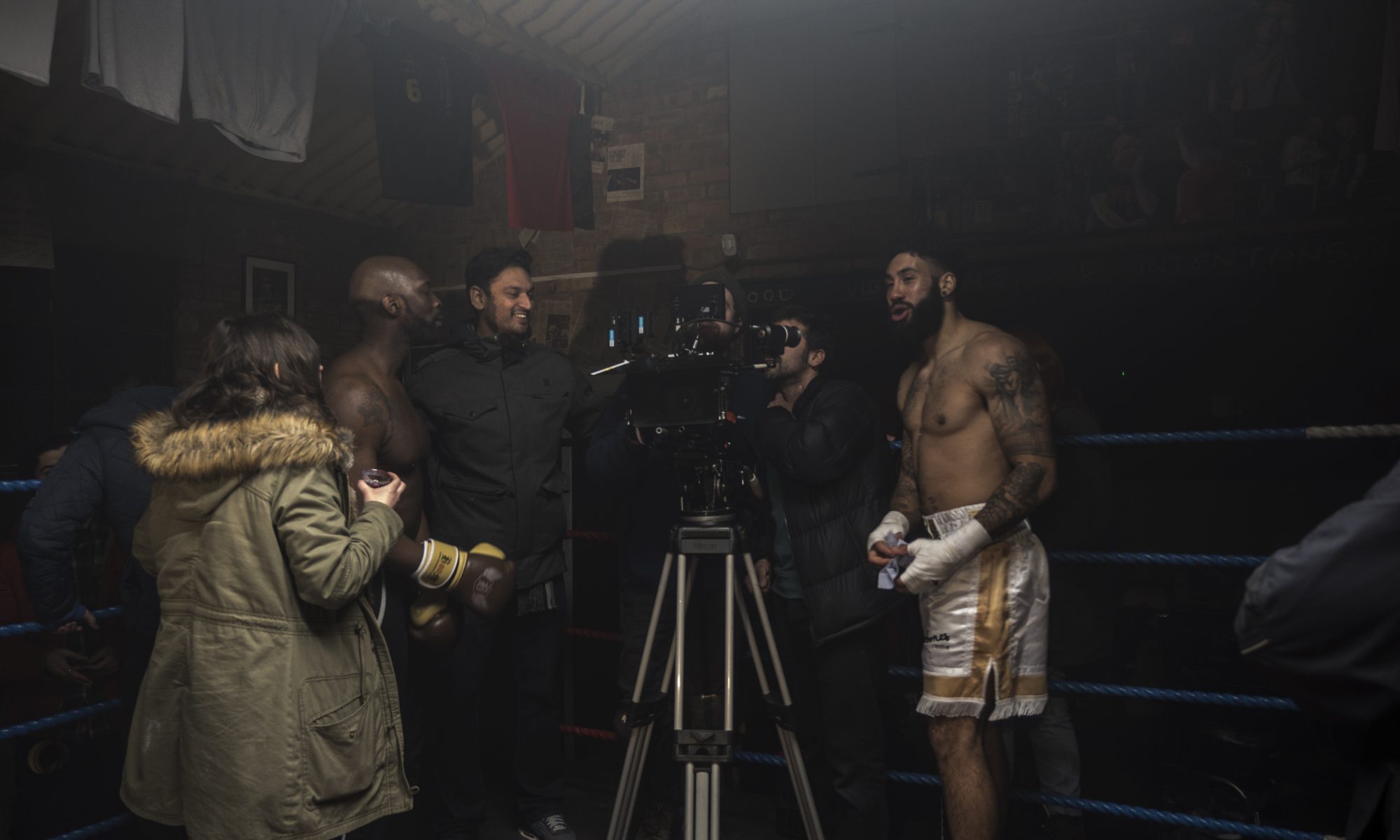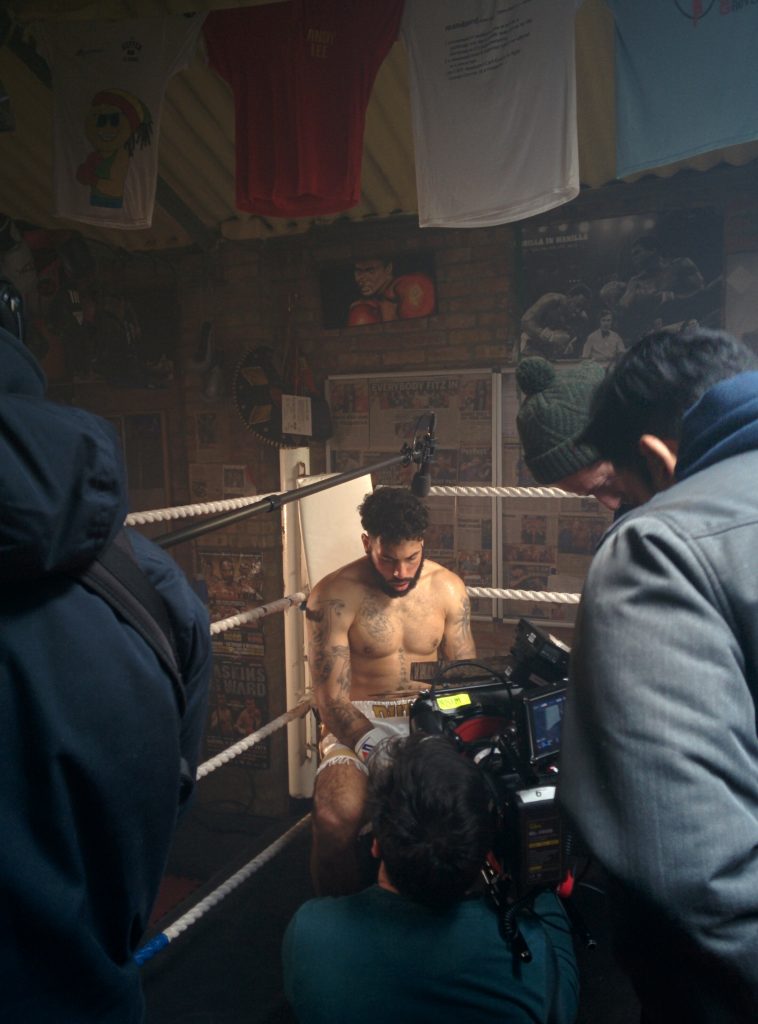In every walk of life and within any job role we all deal with challenges both internally and externally we often tell ourselves not to let our private lives interfere with our work-life, however is it really that black and white? With May being the month of Mental Health Awareness we wanted to have an open and honest conversation about how as individuals we find ways to balance our well-being with our work output. The advertising industry can be a savage and unpredictable environment with tight deadlines, days of endless calls and meetings that sometimes can feel like dead-ends rather than destinations. An emphasis on freelance work can sometimes add extra pressures of long-term stability and career growth, financing projects can become an upward struggle and sometimes the work days can be long, meaning spending less time with our families and friends.
There are no straight answers to this topic and we all do our best to find ways of finding that perfect balance between productivity and relaxation, knowing when to call it a day, knowing when we need to recharge our social battery. We all come from different walks of life, may it be culturally or financially, each of us dealing with our own insecurities or anxieties and as a society we like to pretend that we don’t. We’re programmed to think we have to be perfect all the time but sometimes the flaws are what make us succeed, it’s how we grow and learn.
Thankfully the conversation around mental health is becoming less taboo and more of an open dialogue and In this article we wanted to get involved in the conversation

Esther At Work (Illustration: Esther Lalanne)
THE ART OF TRYING NOT TO OVERTHINK – LOUIS HUDSON (WRITER AT NERD)
For me moving to London was the first daunting step into the creative and advertising industry. After staying in Leeds for both of my university degrees I finally decided to kiss goodbye to my affordable rent and family. My first attempt however was compromised by the global pandemic (just my luck) when the time did eventually come to move down. I had a little bit of PTSD from the pandemic. All that time stuck in lockdown, overthinking, would I be good enough, will I fit in. Imposter syndrome rearing its stupid annoying face. Which I think is a universal thing we all go through at some point in life but I think for me it was exemplified by the pandemic suddenly swapping working from home to attending multiple networking events and having to build up a new social life for myself provided a little bit of whiplash.
Coming from a traditional northern working class background I wondered whether or not I would fit in, whether my accent would be patronised or even understood and apart from the couple of occasions I’ve been mistaken for being Scottish I can confirm people can understand me just about…
For me I learnt that giving myself a schedule helped with the anxiety, even something as simple as going for a walk once a day or finding time to do a bit or personal admin would be a way for me to focus my mind. Post pandemic I’ll take myself to the cinema as much as possible because going to see a really depressing foreign romantic drama really makes me feel better about my life. I also write comedy, which is something I’ve continued to pursue since studying film at university. Since moving to London I attend London Comedy Writers and I’m always trying to get projects on the go, so it’s all very exciting but also gives me something to focus on outside of work hours that feels stimulating and creative.
BALANCING CREATIVITY AND PRESSURE – VIKTORIIA (MARKETING & PHOTOGRAPHY AT NERD)
Growing up, I always knew I was meant to do something creative – something that had a spark but also a slice of structure. I’ve always felt a strong drive to perform well in any role I take on, and with that comes pressure. When I moved to the UK, that pressure only intensified, it became about building a whole new life from the ground up. New friendships, new networks, and new opportunities.
Because social media is such a big part of what I do, there’s a constant expectation to be present. Whether it’s about posting the next big idea or simply showing up on people’s feeds, the pressure to stay relevant can be overwhelming. And while I sometimes get hit with that “who cares?” mindset, the reality is every single job or opportunity I’ve had has come from being online, from putting myself out there, from connections made through the digital world.
That’s the double-edged sword of it. While I owe a lot of my career to social media, my mental health often suffers because of it. Imposter syndrome creeps in, feeling like I’m not doing enough, even when I know I’m going above and beyond. Some days, depending on where I am in my cycle or just how much I’ve been carrying, I’ll cry it out. I’ll spiral into “I’m not good enough” thoughts and that’s when I really lean on my husband. He’s my anchor on those tough days. But then, just like that, I bounce back. The very next day I might feel like I can take on the world. I’ve also been incredibly lucky to work with people and clients who are genuinely supportive, and that kind of environment makes a huge difference. The same goes for my friends, just having someone who listens can lift the weight a little.


Photography by Viktoriia Telfer
Being creative in the fast-paced, ever-evolving world means you’re always expected to innovate, stand out, inspire. It’s a lot. But I’ve learned that having a support system and grounding routines can help massively. For me, it’s simple things – going for a walk, spending time in nature, hiking up a mountain. Maybe that’s why I’ve gravitated towards hiking over the past two years, it gives me space to breathe and turns off my loud brain.
At the end of the day, it really is a journey. Some days feel weird, others feel heavy, but there’s always something to learn.
WHEN TO ASK FOR HELP – MARGAUX MADAMBA (SOCIAL MEDIA MARKETING AT NERD)
For years, I knew I was struggling with a mental health disorder but there were just so many things hindering me from seeking professional help. I thought if I just got to know myself more that maybe navigating work and life would be easier. I thought that I needed to accept myself more, to be kinder to myself, and to be more patient with myself. I read so many self-help books, listened to my mentors’ advice, and browsed through pages and pages of Reddit and Google threads. A lot of those things helped in their own ways — but it wasn’t enough.
Coming from a third world country, I knew it wouldn’t be easy to seek professional help for my internal struggles. I had assisted my younger sibling in the past with their own mental health problems and searching for psychiatrists, wards, or organizations that could help us was really difficult. We learned one thing that day: If we needed immediate help for our mental health, we were looking in the wrong places AND we were living in the wrong country. It was a very sad realization. Being the eldest daughter meant I’d have to be there every step of the way during my sibling’s own struggles. This was when I was educated deeper about how to properly seek professional help.
Five years after my sibling’s struggles, I finally got the courage to seek help for my own problems. Post-pandemic paved the way for telemedicine or telehealth apps which made it easy for me to book a psychiatrist or psychologist. It was at the age of 28 when I saw my first psychiatrist and was diagnosed with General Anxiety Disorder (GAD) and Post-Traumatic Stress Disorder (PTSD). I was prescribed medicine for my anxiety but after a few months, I felt like I was just an outsider watching my life happen before my eyes. The medicine wasn’t working – and that was okay. During this journey, I learned that there are many methods to seek help and not every method will work for an individual. I didn’t stop trying and experimenting. I looked for another psychiatrist who focused on talk therapy which gave me relief after just one session. I have felt more peace within myself ever since.
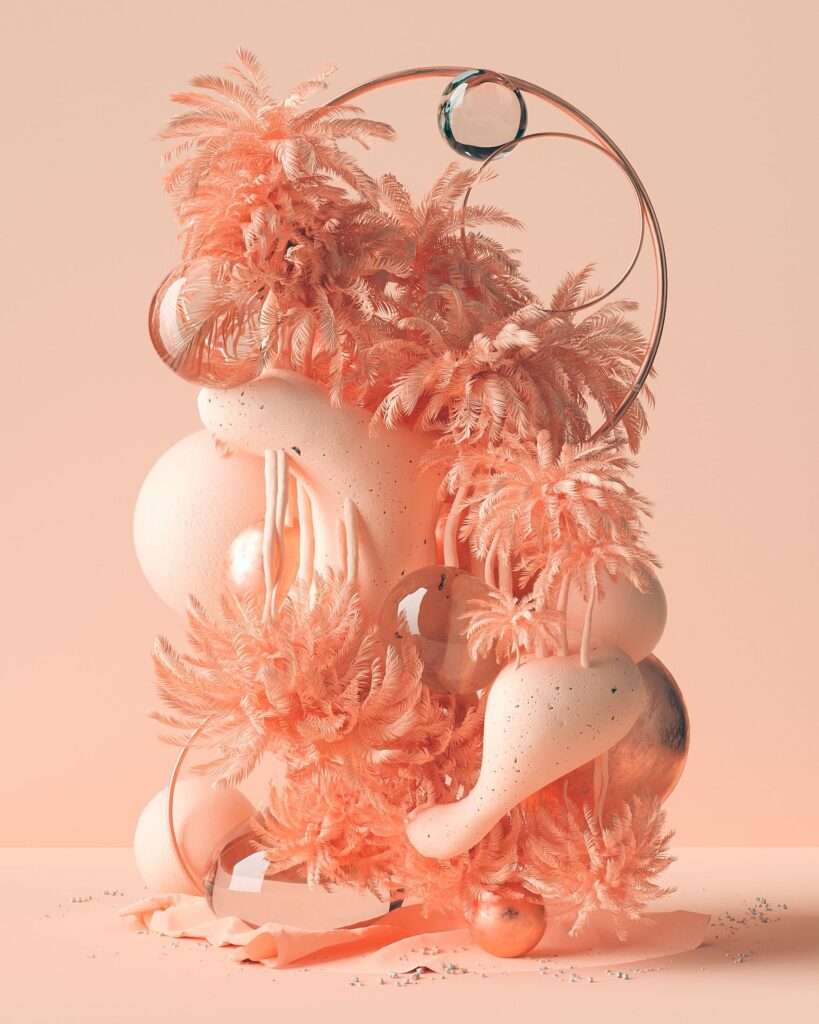
Coral Landscape (Illustration: Roman Bratschi)
As creatives and freelancers, we’re used to working and moving independently. Throughout the years, I got used to working by myself and finding remedies in my own ways. It worked until it didn’t, and I wish I asked for help much sooner – I bet my 22-year-old self needed it a lot. If you’re reading this, I want you to know that it is okay to ask for help – ask for help when you’re afraid, ask for help even when you can’t afford it, ask for help even when you’re succeeding in life. It doesn’t matter where you are or who you are, it will always be the right time to ask for help.
VALUE OF PEOPLE IN OUR LIFE – MILANA KARAICA (FOUNDER/EXECUTIVE CREATIVE PRODUCER AT NERD)
I started in this industry very young – at the age of 17.Through the early years of my career, it didn’t matter to me that I didn’t see women and people like myself around me, as actually, I never really had before either.
Taking inspiration from wherever I could, I excelled in my roles and made my way to executive producer. There were bumps in the road of that journey that were not easy to overcome but when failure is not something you allow yourself to accept, you keep pushing harder with each setback. It wasn’t until I was in my early thirties – by which point I was running NERD Productions, a creative production company bringing diverse talent to our industry – that I started to feel extremely lonely as a female in a leadership role. NERD was my first baby, my family, and my passion, but I wanted a family at home too. Best of both worlds was the goal I wanted to achieve through some miracle it seemed.
With so much going on at all times and hours of the day it is hard to stop to catch a breath, let alone think about your mental health and wellbeing. I try to be practical, and find time to still show up for my young kids where and when needed while doing the same for my team and clients.
Sneaking in some alone time for a quick facial or getting my nails done is my time to simply do nothing. Allowing time with people I love… a coffee with my sister, a quick lunch with a friend, a little time with my forever cheerleader- my partner, even if it’s just a cinema date or a walk in the park. All these seemingly small things and times give me endless positive energy, time to reflect on the life we have built and things we still feel we want to pull off before we are ready to live the quiet life!
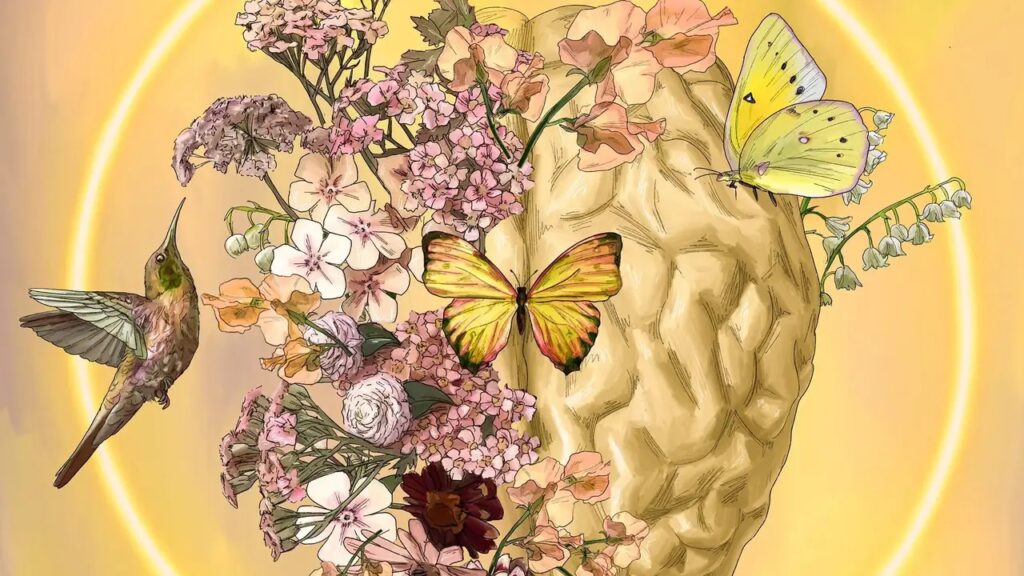
Flower Brain (Illustration: Helena Elias)
So, having said all that, in conclusion – we all need that one person in life or if we are lucky enough, a few of those gems, that will be your source of support, empowerment, inspiration or simply good vibes. This is what really matters and what helps keep me going when times are tough.



